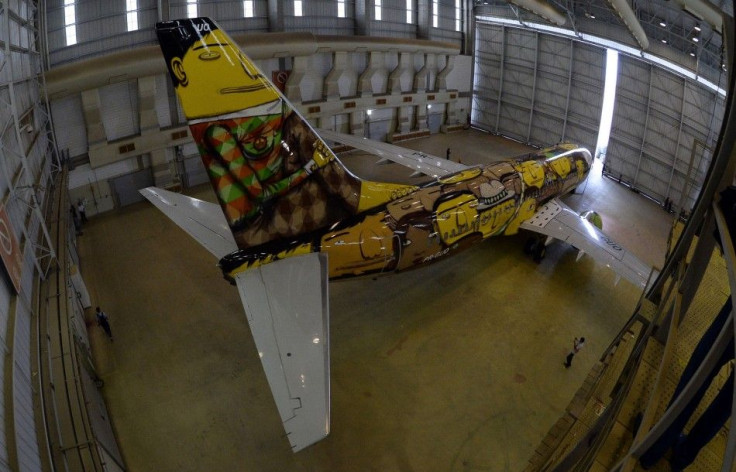New Zealand’s Travel Tax Would Lead To Huge Job Loss, Warns Aviation Industry

New Zealand's looming travel tax has raised the anxiety of the tourism and aviation sector. They have expressed concern that the move could cost the country hundreds of jobs and also breach international aviation principles.
Impact on Demand
According to global airline organisation, the International Air Transport Association, the fees could add up to close to NZ$22 for a round trip international air fare, and negatively impact on air travel sector including tourism. At its proposed level, the tax could cost the aviation industry $33 million and 207 jobs and tourism would be hit by the loss of $196 million and 1702 jobs.
In a submission to Ministry of Transport, the association said the tax would contradict International Civil Aviation Organisation principles that New Zealand is adhering to. In 2009, a study carried out by IATA said aviation contributes $11.8 billion to the New Zealand gross domestic product and supports 128,000 jobs and in terms of tax the aviation industry has been paying more than $938 million, annually.
IATA's assistant director of airport, cargo and security for Asia Pacific, Nathalie Herbelles, said aviation should be encouraged to foster economic growth than stifling it because the governments regard it as a source of tax revenue. "Adding to the cost of travel will go in the wrong direction and will be detrimental to New Zealand's economy, which is so reliant on air transport," the association official said.
Budget Announcement
The travel tax came as a surprise Budget announcement, and the Government said it would impose a "Border Clearance Levy" to fund more work by Customs and Ministry of Primary Industries as the number of passengers through ports and airports is growing. The target is to raise NZ$103 million a year for beefing up security at borders and keep out contraband and pests, harming New Zealand's agriculture.
But the industry body warns that the levy would severely weaken the already fragile profitability of many carriers. "Instead of harming the air transport sector and increasing the cost of transport, New Zealand should focus on identifying innovative ways to keep more passengers coming to the country while keeping its borders safe’, the IATA said. The Customs and Ministry of Industries will be hearing submissions on the tax to finalise the details. It is expected to come into force from January 2016.
(For feedback/comments, contact the writer at k.kumar@ibtimes.com.au)





















